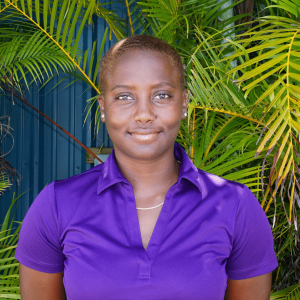The Bahamas’ reputation for sun, sand, and sea is built on warm beach days and cool ocean waters, but over the years the steadily increasing woes of climate change have shifted ideal conditions to a more extreme reality. This summer, The Bahamas is experiencing an environmental crisis: coral bleaching. Brought on by record high water temperatures, this crisis has created dire conditions for coral reefs that struggle to adapt.
Corals are no stranger to warm weather. In fact, these animals are mainly found in tropical and sub-tropical climate zones bordering the Equator. In the Caribbean, coral reefs are known to thrive in clean, sunlit, oxygenated salt waters with temperatures of 79-85oF (26-29oC), but with climate change, such optimal conditions that corals have so meticulously adapted to are facing unprecedented shifts.
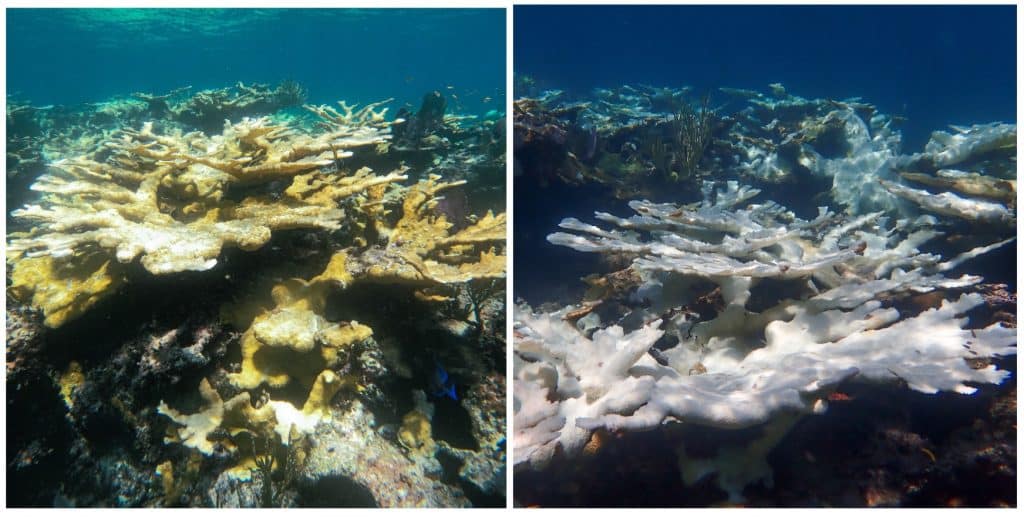
Extremely high water temperature is the culprit of this summer’s massive coral bleaching event. From mid July our teams began recording ocean temperatures as high as 91oF (33oC). Lasting for months, these temperatures were more persistent than usual and have been categorized as an ocean heatwave. Corals are highly sensitive creatures; when their environment changes for extended periods of time, they become stressed. Coral bleaching is a visible signal of distress in corals. It is characterized by a loss of zooxanthellae, the symbiotic algae that give corals their rich color and make 95% of their nutrients. Without zooxanthellae, corals turn bright white and begin to starve.
Severe coral bleaching has been reported throughout The Bahamas. Our teams and partners have witnessed extensive coral bleaching on major reef systems and popular dive sites around southern New Providence, Rose Island, Bimini, Exuma, Abaco, and Andros. Sadly, even in-situ coral restoration projects have suffered. The Reef Rescue Network has received reports of bleaching on coral nurseries and artificial reefs from over 50% of partners throughout the archipelago. To make matters worse, bleaching and mortality has also been observed in wild colonies of the Acropid species elkhorn, staghorn and fused staghorn corals.
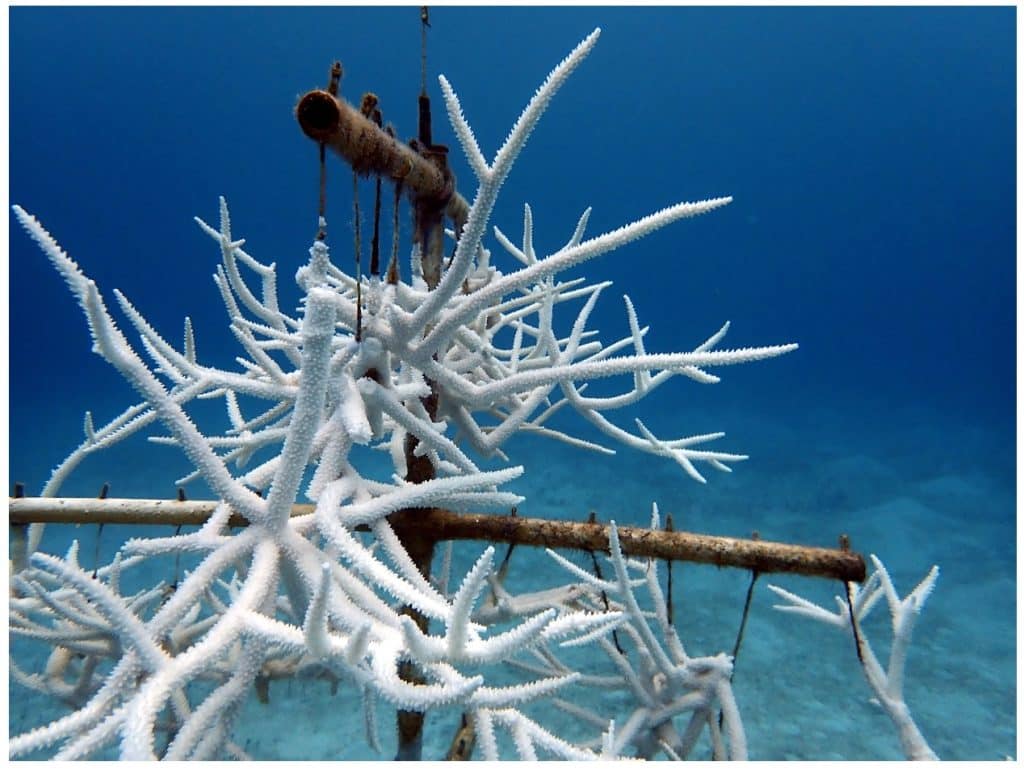
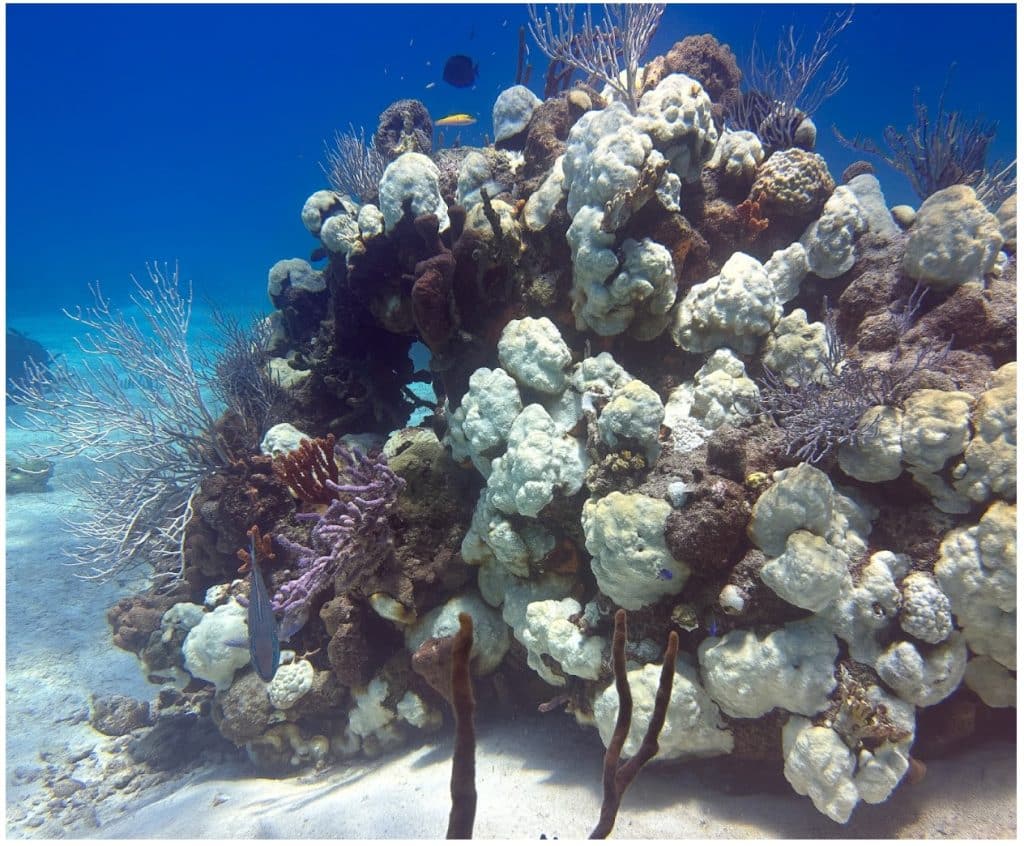
With the potential for massive coral loss throughout the Bahamas, we at the Perry Institute are working nonstop to understand the effects of this ocean heatwave by fostering enhanced coral restoration efforts. Staghorn and Elkhorn fragments used in coral nurseries are tracked by their source colonies and the survivors of this massive bleaching event prove to be resistant to heat and will be prioritized in future projects. Likewise, we hope to establish coral gene banks that will focus on preserving coral genotypes that are resilient/resistant to diseases and extreme temperature fluctuations to be used for coral restoration. Star, starlet, brain and flower corals that have managed to survive major plagues like this summer’s ocean heatwave as well as the Stony Coral Tissue Loss Disease (a highly contagious and fast-acting disease wreaking havoc on the majority of reef-building species throughout the Caribbean) will be collected, kept and primed for large scale repopulation efforts like coral fragmenting and larval propagation. With help from funders like The Disney Conservation Fund and The Atlantis Blue Project Foundation, and the support of The Bahamas government, the assemblage of a coral gene bank network throughout the country is a promising long term strategy for building more resilient coral reef systems.
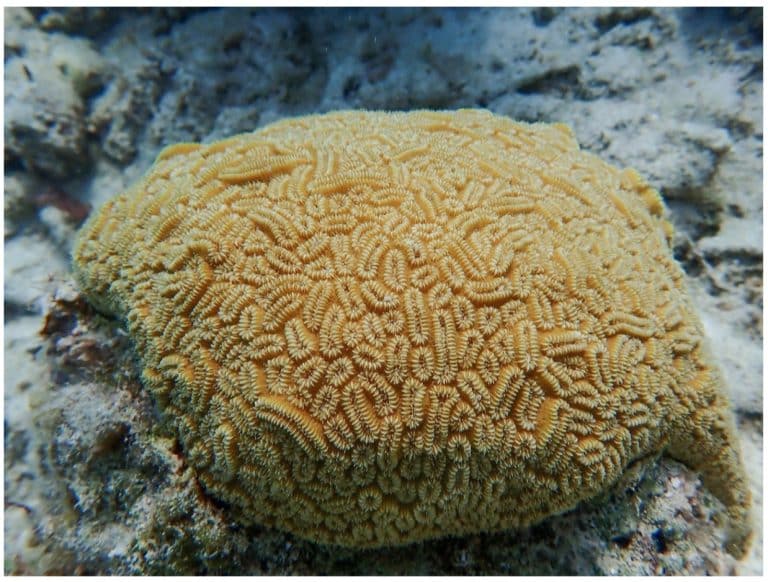
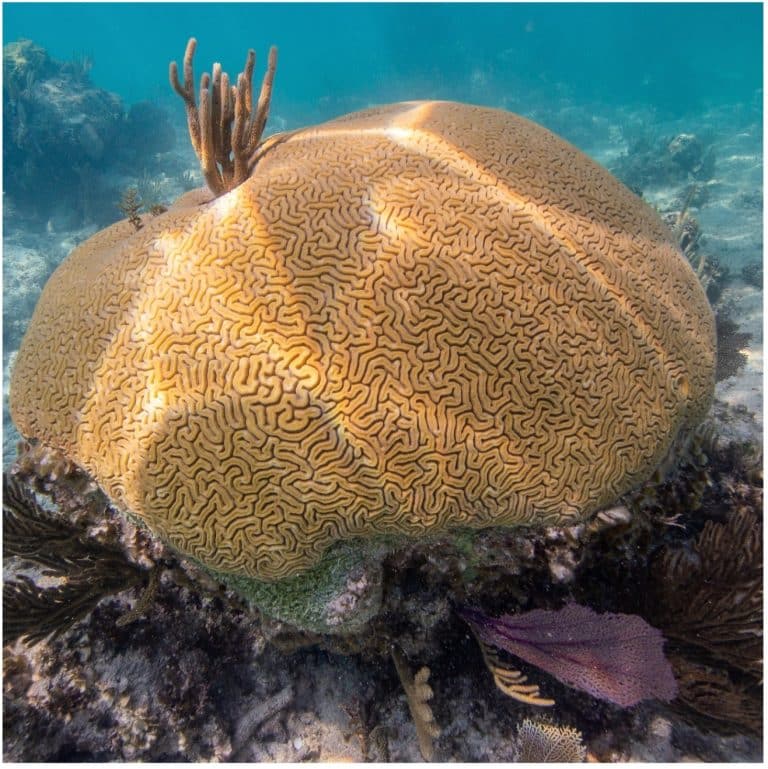
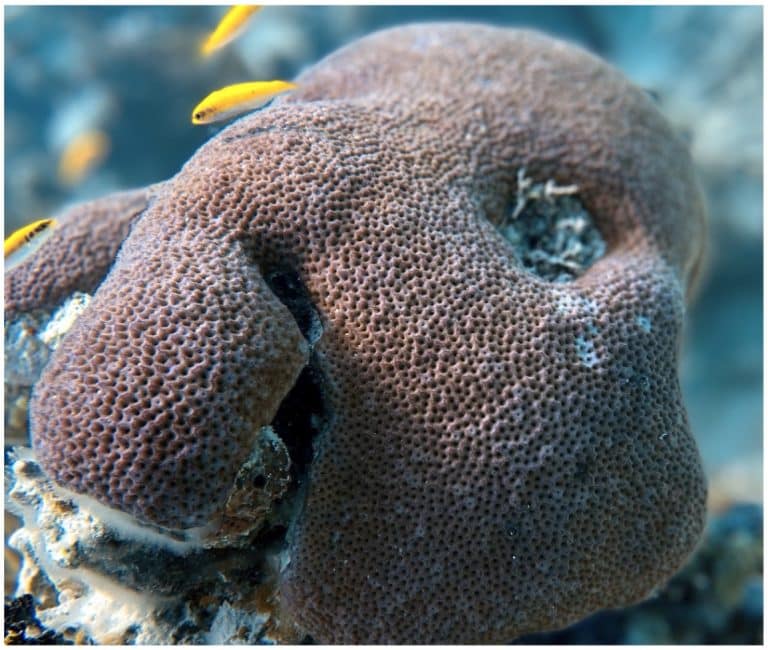
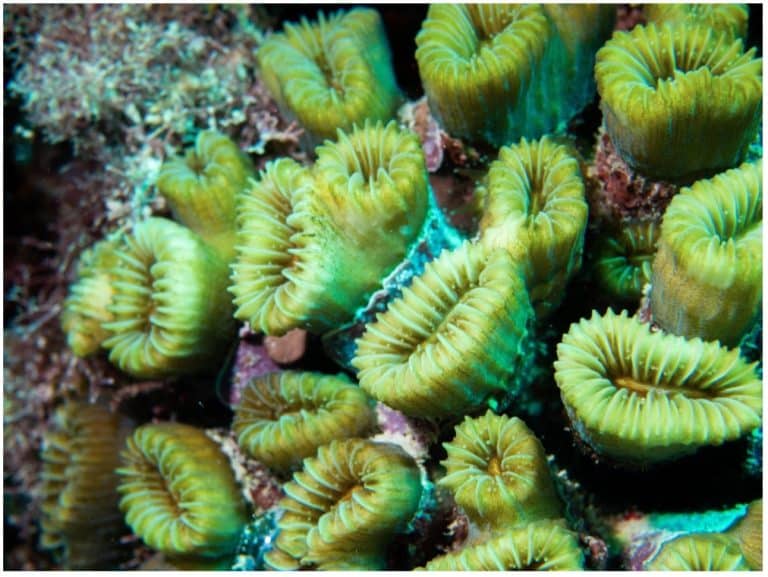
Whether members of the public or people of marine professions, we can all make small changes that positively impact the conservation of our country’s coral reefs. Supporting local organizations like PIMS, reporting coral bleaching and other diseases, and keeping the environment top of mind in our daily habits and behaviors are just a few ways we can help ensure the coral reefs of The Bahamas are preserved and protected for years to come.
Dive deeper.
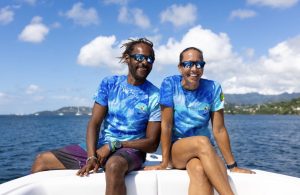
New Reef Rescue Sites Take Root in Barbados and Grenada
Barbados Blue and Eco Dive Grenada dive shop owners Andre Miller and Christine Finney (Credit: Eco Dive) Reef Rescue Network Expands to Barbados and Grenada The Perry Institute for Marine
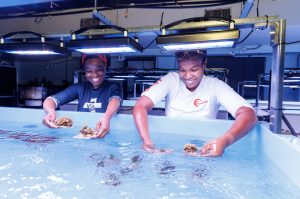
The Bahamas Just Opened a Coral Gene Bank—Here’s Why It Matters
The nation’s first coral gene bank will preserve, propagate and replant coral to reverse devastation from rising ocean temperatures and a rapidly spreading disease Video courtesy of Atlantis Paradise Island.
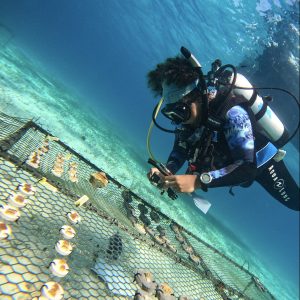
This Is What Conservation Leadership Looks Like
From Interns to Leaders: How PIMS is Powering the Next Generation of Ocean Advocates Taylor photographs coral microfragments in the ocean nursery, helping monitor their fusion into healthy, resilient colonies
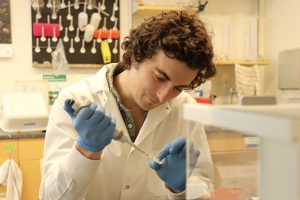
When Ocean Forests Turn Toxic
New study in Science connects chemical “turf wars” in Maine’s kelp forests to the struggles of Caribbean coral reefs — and points to what we can do next Lead author,
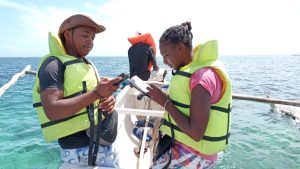
Who’s Really in Charge? Unpacking the Power Struggles Behind Madagascar’s Marine Protected Areas
Researchers head out to monitor Marine Protected Area boundaries—where science meets the sea, and local stewardship takes the lead. The Illusion of Protection From dazzling coral reefs to centuries-old traditions,
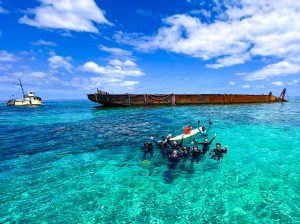
PIMS and Volunteers Step Up as Legal Battle Leaves Barge Grinding Reef in Fowl Cays National Park
Worn out but undefeated, the cleanup crew rallies around their paddleboard “workbench” in front of the stranded tug and barge—a snapshot of community grit after hours of underwater heavy‑lifting. Photo


